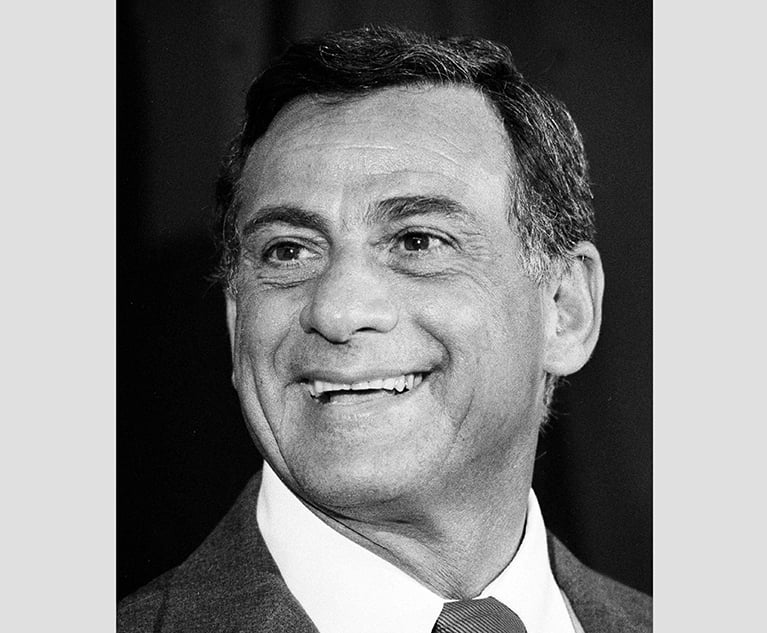As the number of documented national cases of COVID-19 mounts, pleas grow louder from state, local, and medical officials over the desperate lack of critical supplies—particularly personal protective equipment (PPE) and ventilators. Gov. Andrew Cuomo has pleaded with the federal government to cover—or commandeer businesses to help cover—an anticipated shortfall of 23,000 ventilators in New York state. This week also saw open letters from a consortium of mayors and municipal leaders and the leading associations of medical professionals asking the White House to invoke the Defense Production Act (DPA) to mandate increased production of masks, respirators, and gowns for health care workers battling the virus. While the Trump Administration has sent conflicting signals about its willingness to do so, there are immediate actions that governors can, and should, take to address this desperate need for supplies. Hotbed states like New York, California and Washington simply cannot wait.
We have been inspired to see a number of private companies—from major multinationals to small businesses and individuals equipped with 3-D printers—step in to help. But, privately, many may rightly be hesitating before beginning mass donations or repurposing their production lines due to legal liability concerns. The concerns are twofold. First, because many needed supplies and devices have patent-protected components, the donors may worry they could be blocked from producing them or later sued for patent infringement. Second, the donors may worry that, in the event any supplies—particularly if brought rapidly into production—do not function perfectly against COVID-19, they might be held liable for illness or injury suffered by health care providers or patients. Though patent infringement suits are fairly unlikely, given the potential PR backlash against the litigants and other legal reasons, these concerns are real and likely are having a dampening effect on, or at least delaying, altruistic donations of labor and supplies.


 Photo: Kira_Yan/Shutterstock.com
Photo: Kira_Yan/Shutterstock.com




